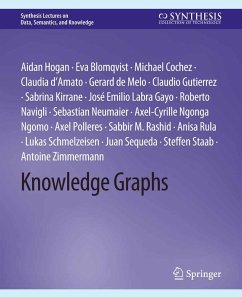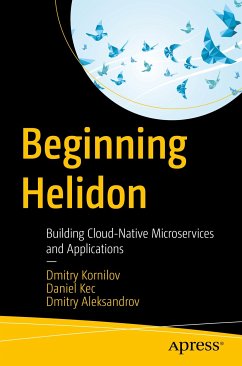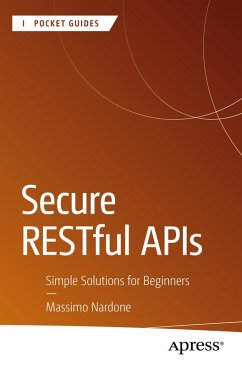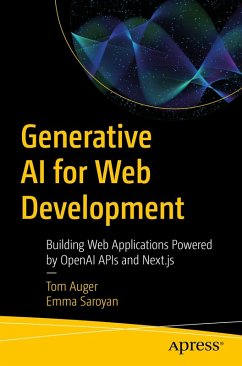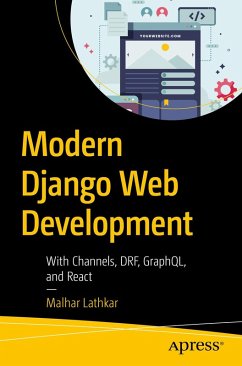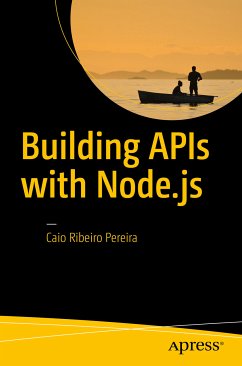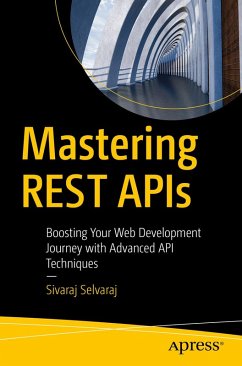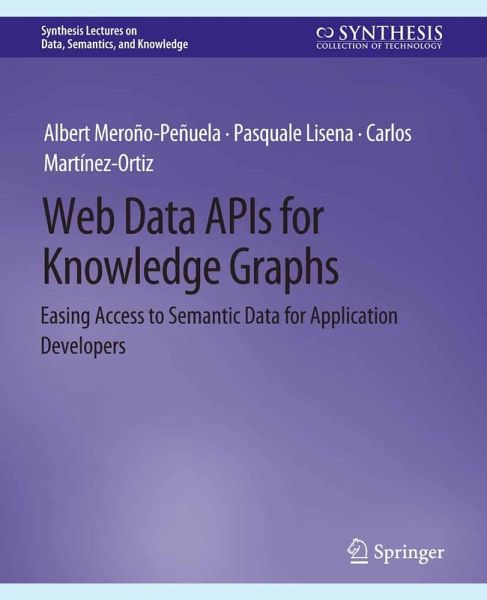
Web Data APIs for Knowledge Graphs (eBook, PDF)
Easing Access to Semantic Data for Application Developers
Versandkostenfrei!
Sofort per Download lieferbar
Statt: 64,19 €**
48,95 €
inkl. MwSt.
**Preis der gedruckten Ausgabe (Broschiertes Buch)
Alle Infos zum eBook verschenkenWeitere Ausgaben:

PAYBACK Punkte
24 °P sammeln!
This book describes a set of methods, architectures, and tools to extend the data pipeline at the disposal of developers when they need to publish and consume data from Knowledge Graphs (graph-structured knowledge bases that describe the entities and relations within a domain in a semantically meaningful way) using SPARQL, Web APIs, and JSON. To do so, it focuses on the paradigmatic cases of two middleware software packages, grlc and SPARQL Transformer, which automatically build and run SPARQL-based REST APIs and allow the specification of JSON schema results, respectively. The authors highlig...
This book describes a set of methods, architectures, and tools to extend the data pipeline at the disposal of developers when they need to publish and consume data from Knowledge Graphs (graph-structured knowledge bases that describe the entities and relations within a domain in a semantically meaningful way) using SPARQL, Web APIs, and JSON. To do so, it focuses on the paradigmatic cases of two middleware software packages, grlc and SPARQL Transformer, which automatically build and run SPARQL-based REST APIs and allow the specification of JSON schema results, respectively. The authors highlight the underlying principles behind these technologies-query management, declarative languages, new levels of indirection, abstraction layers, and separation of concerns-, explain their practical usage, and describe their penetration in research projects and industry. The book, therefore, serves a double purpose: to provide a sound and technical description of tools and methods at the disposal ofpublishers and developers to quickly deploy and consume Web Data APIs on top of Knowledge Graphs; and to propose an extensible and heterogeneous Knowledge Graph access infrastructure that accommodates a growing ecosystem of querying paradigms.
Dieser Download kann aus rechtlichen Gründen nur mit Rechnungsadresse in A, B, BG, CY, CZ, D, DK, EW, E, FIN, F, GR, HR, H, IRL, I, LT, L, LR, M, NL, PL, P, R, S, SLO, SK ausgeliefert werden.



